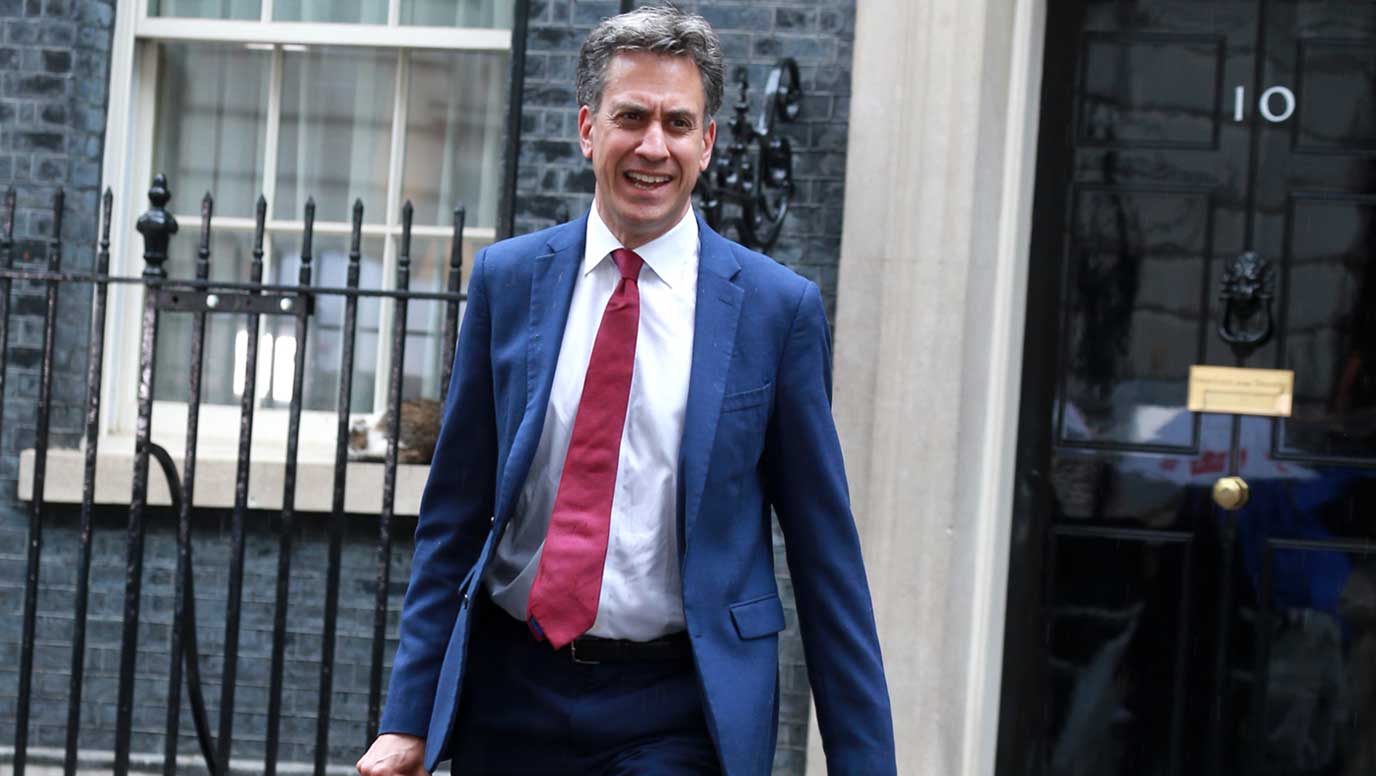Do commercial interests now offer a safe pair of hands for Net Zero?

Ed Miliband is the new Secretary of State for Energy Security and Net Zero. It’s a ministerial role he has held before when the department was known as ‘Energy and Climate Change’. In that role, within the Brown government, Miliband oversaw the passing of the Climate Change Act (2008) which established the foundations for the UK’s current statutory obligations to reduce greenhouse gas emissions by at least 80 per cent by the year 2050.
During Miliband’s tenure, he re-shaped government policy on coal-fired power stations. Under this change any new coal-fired power stations would only receive government consent if they could capture 25 per cent of the emissions they produced immediately. Some, at the time, saw this as a complete rewrite of UK energy policy for the future.
After Labour’s 2010 General Election defeat, Miliband remained passionate about climate change as a backbencher, indicating favour for the 2015 Paris Climate Change Agreement, by calling for a goal of Net Zero emissions in the second half of the century. He further stated that the issue of tackling climate change is “not just a global responsibility” but also “an economic necessity.”
During Labour’s time in opposition, Miliband remained staunchly committed to climate change action and was one of the leading supporters of the Green Prosperity Plan to invest into green industries.
However, Labour’s Green Pledge was scaled-back, even ahead of the recent General Election campaign, with reduced funding cited as a result of the economic fallout expected after the Truss and Sunak administrations.
The UK has seen some success in cutting greenhouse gas emissions but there are concerns over whether the Government may miss future targets.
The independent Climate Change Committee (CCC) criticised government efforts as “worryingly slow.” Responding to the critical report, the previous Minister of State for Energy Security and Net Zero – Graham Stuart – stressed that “there is no button I can press tomorrow” and that the UK would remain dependent on fossil fuels for the foreseeable future.
The CCC report also said more action was required to drive carbon neutrality, such as more encouragement to instal heat pumps and provide better insulation for properties.
However, greenhouse gas emissions have fallen by 46 per cent from 1990s levels with the CCC attributing this to growth in renewable power and reduced dependence on coal and electricity.
Alok Sharma, Chair of the COP26 summit, argued that the UK risked losing its “international reputation and influence on climate.” Evidently, there is a lot at stake as the Labour government faces challenges to maintain the nation’s status as a world leader in climate change.
Miliband will certainly encounter obstacles in his role, yet this is a challenge he appears to be willing to conquer.
One of his first strong departmental appointments that shows he means business is that of Chris Stark who, as previous Chief Executive of the UK’s Climate Change Committee as well as the Chief Executive Officer of the Carbon Trust heads a new Mission Control tasked with turbocharging UK to clean power by 2030.
Miliband’s drive and vision for a green future look set to scale up and advance Eddisons’ decarbonation services which have net zero at their heart.
While arguably the thrust of decarbonisation initiatives in business have been led by the public sector, there is renewed focus for the commercial sector.
Yet without central government support and grant contributions the climate agenda has no chance of coming close to meeting any of the UK’s ambitions.
In Miliband’s first week in his new ministerial role, his department wasted no time in pushing through approval for a trio of large scale solar farms in the Eastern region – in the Rutland & South Kesteven local authority areas, in East Cambridgeshire & West Suffolk, and also near Gainsborough in West Lindsey District, Lincolnshire. These applications had been languishing and remain ‘controversial’.
That these commercial sector driven infrastructure projects of national importance were approved in the face of local opposition speaks volumes. Their approval came at the end of the first week of the new administration. It was a week kickstarted by the new Chancellor of the Exchequer underlining how planning reform was crucial to the UK’s renewed economic growth agenda.


